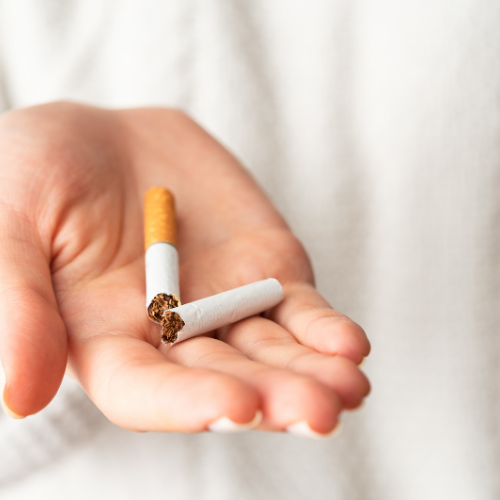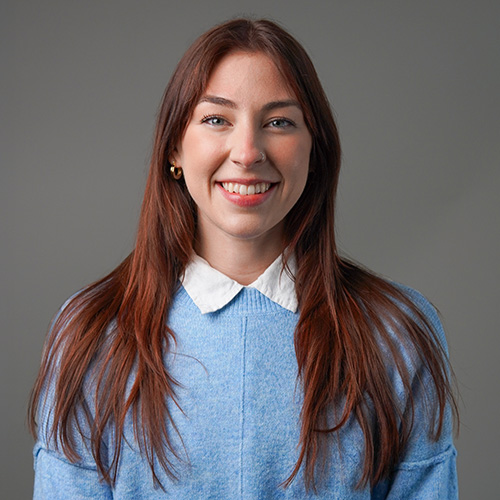Download the full version of this Live Well, Work Well Newsletter
Summer Travel Safety Tips
As millions of Americans get vaccinated against COVID-19 and businesses resume normal operations, people are likely making plans to travel this summer.
Of those planning to travel, 74% will take a domestic trip and 13% will travel internationally. Also, millennials report being the most excited to plan trips and get back out there this summer.
If you’re trading your staycation for a getaway, here are some tips to keep you as safe as possible this summer:
- Get vaccinated. The Centers for Disease Control and Prevention (CDC) recommends delaying travel until you are able to get fully vaccinated.
- Stay domestic. Although Europe continues to open up to fully vaccinated U.S. travelers, the global travel situation is in flux. Some countries are closing their borders again or enforcing strict curfews and mandates.
- Take a road trip. Traveling by car is still safer than flying as it involves less exposure to people.
- Explore the outdoors. Outdoor activities are generally safer. Get outdoorsy or visit small towns to distance yourself from others easily.
- Check travel restrictions. Be flexible and continue checking state and local policies for where you are, along your route and where you are going.
- Keep up with COVID-19 safety precautions. Pack extra masks and hand sanitizer for any outing. Regardless of your vaccination status, you should still wear a mask, avoid crowds and wash your hands frequently when traveling.
If you’re not traveling this summer, use your vacation time to reconnect with friends and family who you’ve missed.
CDC Travel Considerations
If you are fully vaccinated against COVID-19 and travel within the United States, the CDC says you do not need to get tested or self-quarantine after travel. If you are traveling with young children who aren’t eligible yet for vaccination, check out these CDC recommendations.
The most important aspect of traveling is to stay safe and healthy. If you’re not comfortable traveling this summer, you can always start planning your 2022 dream getaway.
The Long-term Effects of COVID-19
It’s been more than a year since the pandemic began, and we continue to learn more about the short- and long-term health effects of COVID-19. Although most people get better within weeks, some people experience long COVID-19—a wide range of symptoms that can last weeks or months. In fact, a new study found that nearly a quarter of people who tested positive for COVID-19 sought medical treatment for new conditions at least 30 days postinfection. Long COVID-19 impacted men and women of all ages—including children—and even people who didn’t realize they had COVID-19 in the first place.
Post-COVID-19 conditions were more widespread in patients who had severe cases of COVID-19, but also in a substantial share of patients whose cases lacked symptoms. Based on the study, the following people developed long COVID-19:
- 50% of patients who were hospitalized
- 27.5% of patients who were symptomatic but not hospitalized
- 19% of patients who were asymptomatic
Check out common long-haul symptoms in the infographic below. If you’re experiencing conditions unusual for your health history, contact your doctor.
What’s Better—Caffeine or Sleep?
A new study in the Journal of Experimental Psychology tested how caffeine and sleep can impact your day and overall effectiveness at completing tasks. Experts revealed that caffeine can help you stay awake if you’re sleep-deprived, but it likely won’t improve your performance on tasks.
Caffeine can help you get through the midday slump, but it isn’t a substitute for a good night’s sleep. Sleeping is needed to help repair body tissue and cleanse the brain of plaque buildup. Adequate sleep is especially important for people in high-functioning work environments who work long hours, such as medical professionals and truck drivers. Also, not only is coffee a poor substitute for sleep, but overconsumption of caffeine—more than 400 mg daily—can also disrupt sleep.
Awake doesn’t necessarily mean alert. Sleep deprivation impairs your ability to complete cognitive tasks that require attention. A simple rule is that you shouldn’t attempt any task while sleep-deprived that you would not (or should not) attempt while intoxicated.

Class-action Lawsuits Target Health Plan Tobacco Surcharges
Class-action lawsuits allege that employer health plan tobacco surcharges violate federal compliance regulations.

Employee Spotlight: Alexis Leysock
Please join us in welcoming Alexis Leysock to the Seubert Team! Alexis joins Seubert’s Employee

50 Years of Minimizing Risk and Maximizing Potential
Seubert & Associates celebrates 50 years of helping businesses nationwide minimize risk and maximize potential
